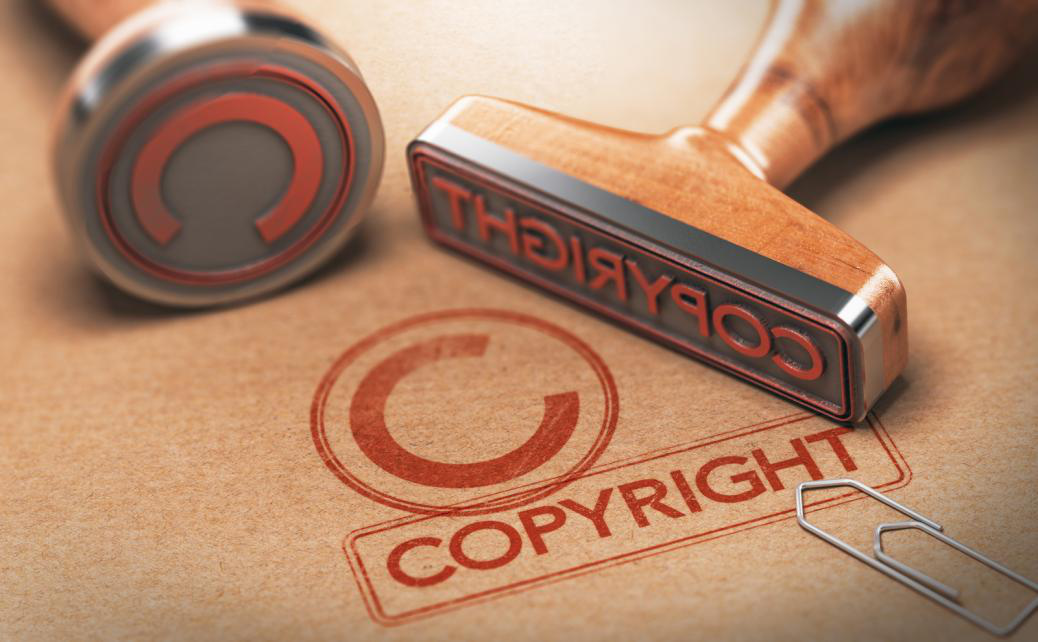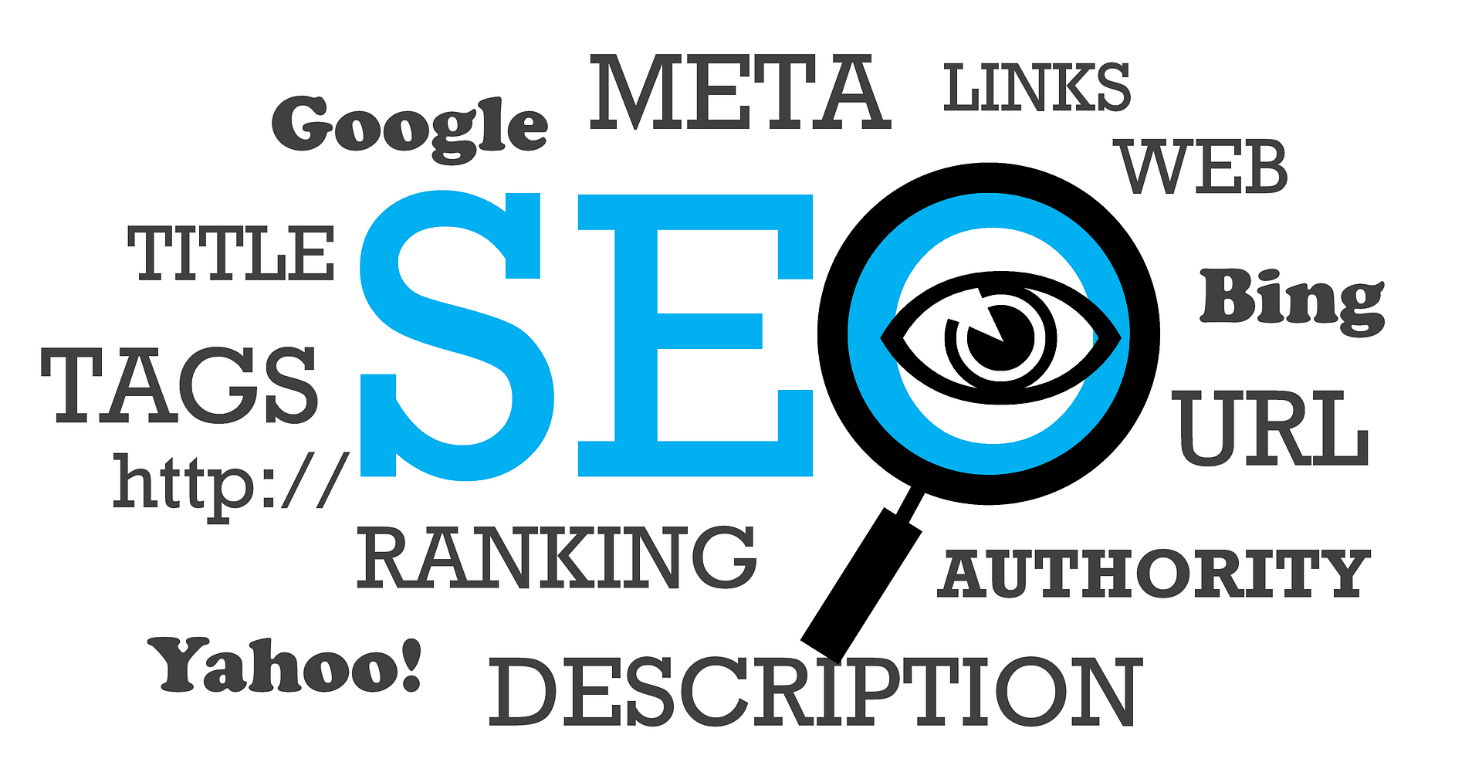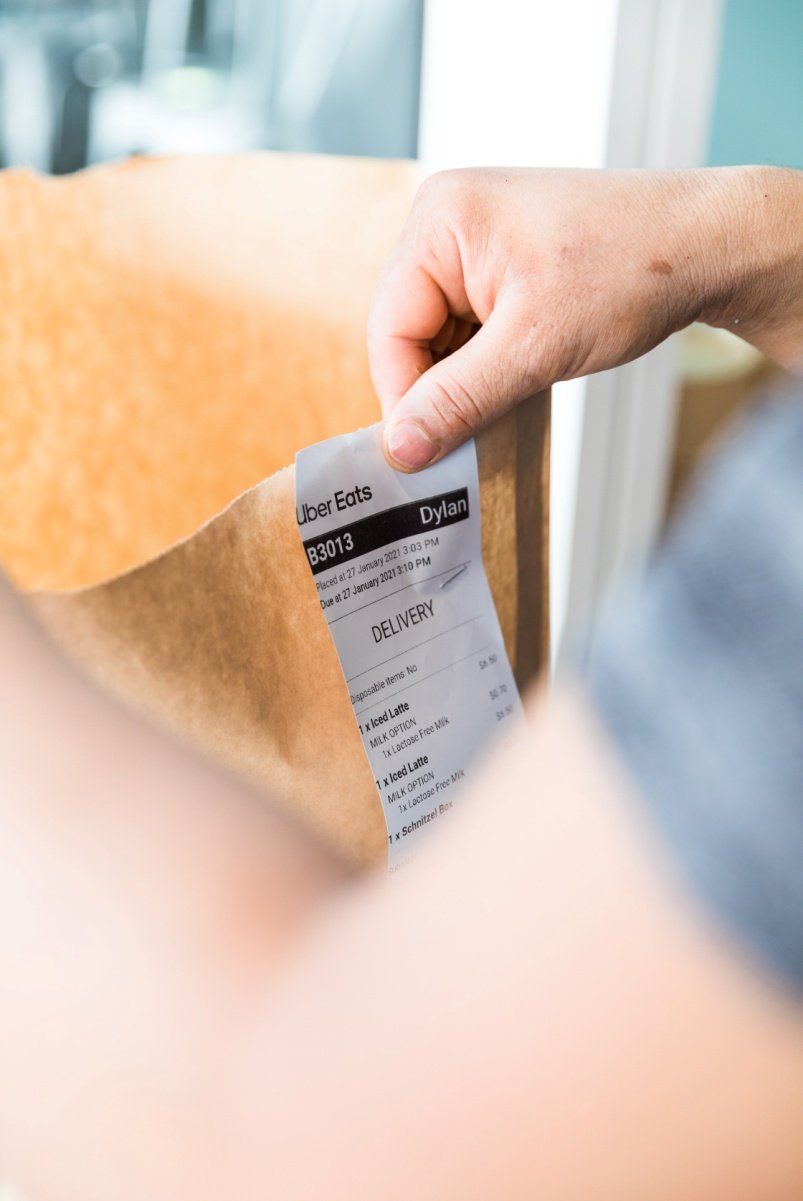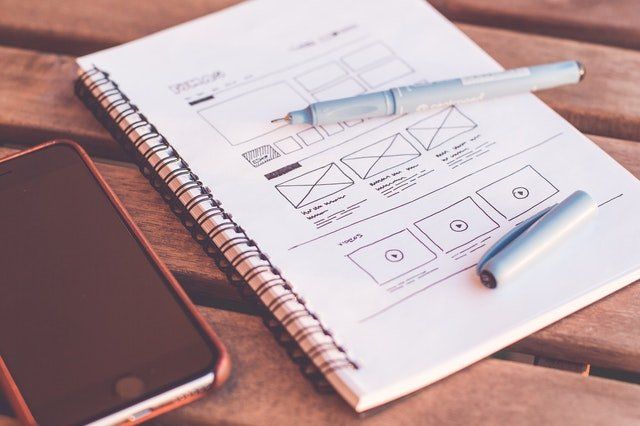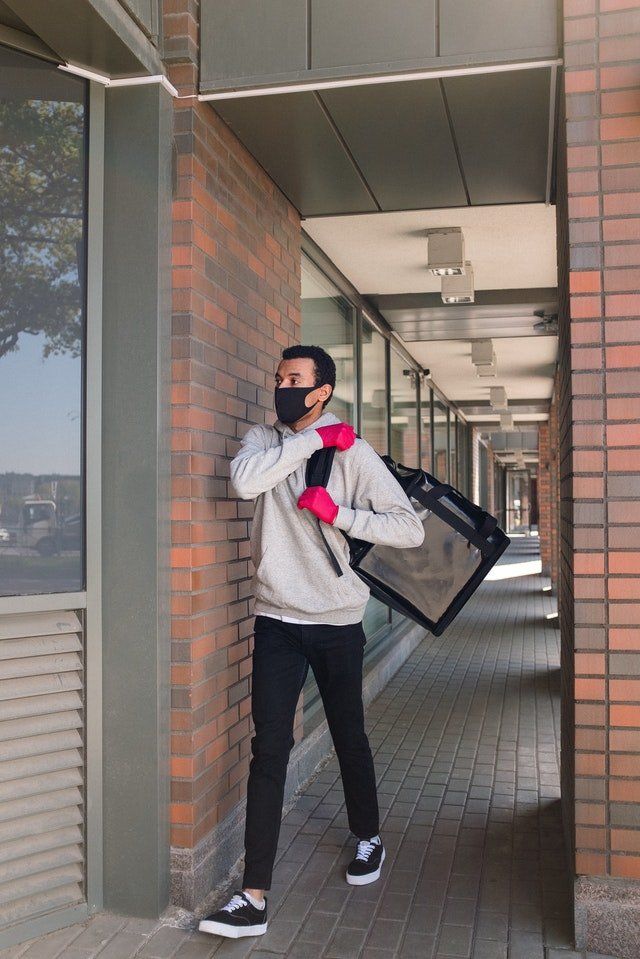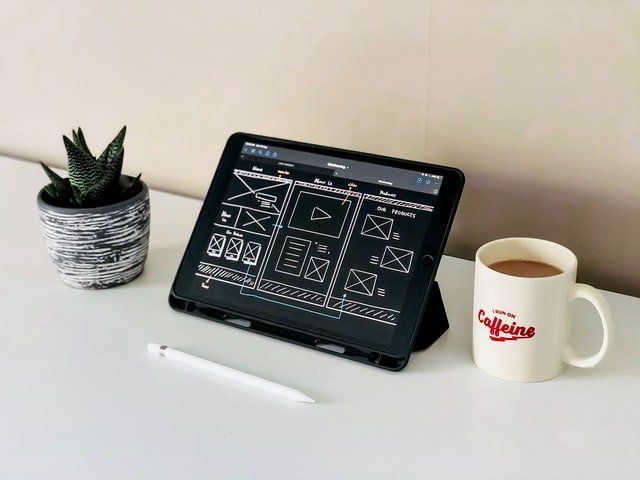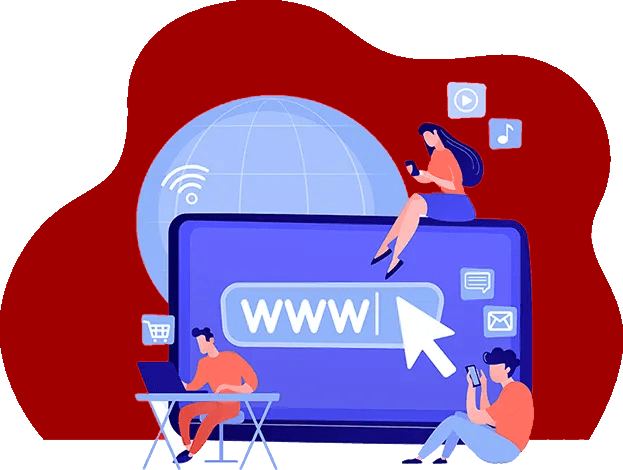
Just because you found something on the internet it doesn’t give you the right to use it freely. The content available online is protected by copyright laws. This prevents people from misusing content or creative work that’s someone else’s intellectual property. Unfortunately, plagiarism is not just a part of the academic world. There have been many instances where people have stolen content from the web and passed it off as their own.
Under copyright laws, the original owner has the right to sue the user for damages. Before you post anything on the web it’s important to understand the basics of copyright and the laws that apply to it.
What is Online Copyright?
Basically, copyright is the legal and exclusive right given to a person for their original work. This means that no one else is allowed to copy, modify, or use it without the original owner’s permission. No one except the copyright owner can display the work publicly or create derivative works out of the original such as a sequel unless permitted to do so.
How Does Copyright Help the Original Owner?
Any work that comes under copyright law is protected from being stolen, distributed by someone else, or duplicated. This means the original creators of the work legally own the content and can decide if they want to allow others to use their work. The owner can choose to sell, trade, or gift the ownership of their work if they wish it. This way they’re compensated for their efforts and can ask for legal assistance in case some decides to use it without permission.
An Important Aspect of Copyright — Creative Commons
A person can retain their copyrights for 70 years. After that, it becomes a part of the public domain and can be used freely by anyone. A copyright owner can decide to assign their piece to the public domain before the 70 year period. This can be done by giving up their copyright and offering it under Creative Commons licensing or any other method.
A Creative Commons license frees up the work to be used in a few ways that don’t override the copyright. A person using any content under the creative commons license has to attribute the work to the original owner by adding the source from where it was obtained. The work is also only permitted for use in a non-commercial forum and no derivative works are allowed to be made out of it. The purpose of Creative Commons is to encourage creativity through the greater distribution of inspiring works.
Copyright Exceptions
Original work has three main copyright exceptions that allow people to use the content without obtaining the owner’s permission. However, you need to be aware of the circumstances and use only works that have a valid copyright on it:
- Face-to-Face instructions
- Virtual instructions
- Fair usage
The first two exceptions are only allowed for educational purposes to aid in teaching or training of some kind. There might be more conditions on certain works so the person using it needs to be sure before using the content in any way.
Fair use
is quite complicated and has been argued upon in many legal cases. The gist of it is that copyright material can be used to criticise, comment upon, or to create a parody of without taking the permission of the owner. However, the understanding of it is open to interpretation which makes it tricky.
Customer Contact Solutions provide personalized web development and digital marketing services in T oronto , O ntario . We offer a number of services including website designing and SEO strategies which comply with all kinds of copyright and cyber laws.
If you’re looking to create your own website or generating more traffic for your page, get in touch with us today!

